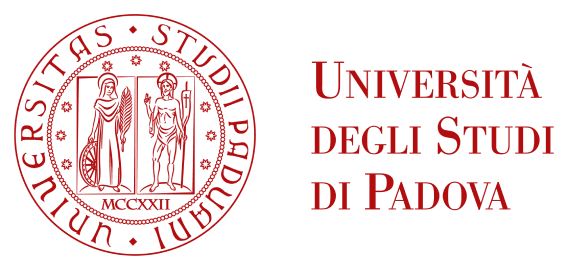
The Department of Political Science, Law and International Studies (SPGI)
The Department of Political Science, Law and International Studies (SPGI) at the University of Padua is a composite body made up of specialists who identify with three broad areas of research: political science, law and international studies. By its very nature and composition, the SPGI Department therefore favours interdisciplinary approaches and developments and is naturally open to interculturality.
The key person in the SPGI department involved in this project is Michele De Gioia, Professor of French in the School of Economics and Political Science, which is part of the same department. A specialist in linguistics, Michele De Gioia was a pupil of Maurice Gross and is involved in the construction of the comparative lexicon-grammar of Romance languages. In addition to grammatical theories and the comparative syntax of Italian and French (including variation in Quebecois French), he also focuses on specialist discourse (law, mediation) and terminology. He has been the scientific leader of several research projects and seven international interdisciplinary colloquia – supported by the SPGI department – aimed at bringing together linguists, lawyers and mediators, mainly from France and Italy.He is the author of four volumes (two co-authored, including one on the terminography of mediation) and around eighty scientific publications, as well as the scientific editor of several volumes. Michele De Gioia’s skills in foreign languages and cultures, as well as in terminology, are relevant to the project.
It is the work on mediation that has particularly benefited from the terminological expertise of Michele De Gioia, whose volume Mots de médiation. Un lexique bilingue français-italien / Parole di mediazione. Un lessico bilingue francese-italiano of 2014. Indeed, attention to language and choice of words is a central issue for legislators and mediators alike, as well as for mediator training. Insofar as the mediator’s presence in the mediation process is linked to the strictest impartiality, any failure to communicate risks compromising the outcome. If the language training of mediators is neglected, the mediation process is jeopardised both in theory and in practice. Michèle Guillaume-Hofnung’s previous work and reflections have highlighted the invaluable contribution of the language sciences. Not only do the sciences of language make it possible to analyse the discourse (both written and oral) of mediation, they also help mediators – and, as far as possible, legislators – to choose the most appropriate words and terms in the most varied mediation situations. The lexicon contains two hundred and four mediation words (one hundred and two per language) described in terminographic records and associated by semantic equivalence. Two bilingual dictionaries and two bilingual glossaries have been compiled from these records.
Now, as the process of mediation is similar to that of maieutics in its attention to the equality of the other, and in its attention to otherness, it is only natural that we should turn our attention to other cultures and to ways of understanding them. The search for ways to establish a genuine dialogue between cultures, a dialogue that respects otherness and is based on mediation, was another concern of the symposium « Actors and forms of mediation for intercultural dialogue » that took place on 17, 18 and 19 May 2016, thanks to the joint organisation of Michele De Gioia with linguists from the Applied Linguistics and Telecommunications Group at ITM Atlantique in Brest. In fact, this event was part of the Group’s tradition of colloquia, from which the other name ‘GLAT 2016’ derives. It marked the start of a closer collaboration between the two partners in this project, Michele De Gioia and Catherine Sablé. In addition, the current project on interculturality will be conducted through stages similar to those that characterised the Padua research on mediation.